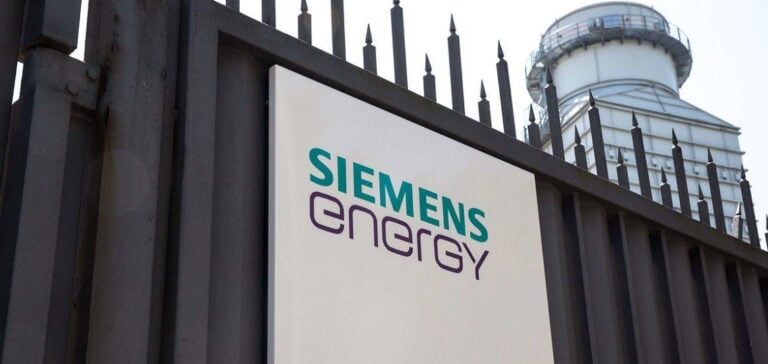Siemens Energy posted a net profit of 108 million euros from January to March. Despite a loss of 189 million last year. Sales rose by almost 4% to 8.3 billion euros, but orders fell by 22% to 9.5 billion. This was due to the low order backlog at Siemens Gamesa. CEO Christian Bruch highlighted the initial successes in stabilizing the wind power sector.
Turnaround strategy and management changes
The Siemens Gamesa subsidiary remains loss-making, posting a loss of 448 million euros at the end of March. Due to costly product failures. Nevertheless, this loss is in line with expectations. Berenberg analyst Philip Buller notes that the absence of any new unpleasant surprises is a major positive signal. The turnaround plan for Siemens Gamesa, which runs until 2026. It includes capacity adjustments and job cuts in the onshore wind turbine sector. The subsidiary will focus on key markets in Europe and the USA. Siemens Energy has also announced a change of management for its subsidiary: Jochen Eickholt will hand over to Vinod Philip in August. Siemens Energy has revised its annual targets upwards, forecasting sales growth of between 10% and 12%. Despite a previous range of 3% to 7%. Operating margin before exceptional items is expected to be between -1% and +1%, a more optimistic scenario than the previous forecast of -2%.
Strategic importance of the wind energy sector
Siemens Gamesa, which has been facing a deep crisis for years, is committed to refocusing its operations on strategic markets. The reorganization of the subsidiary and concentration on European and American markets should make it possible to correct costly shortcomings. They must also restore stable profitability to the sector. This restructuring is essential for Siemens Energy. The Group is heavily dependent on the performance of Siemens Gamesa to achieve its growth targets.
Siemens Energy shows signs of progress in stabilizing the wind power sector, thanks to a solid restructuring plan and an optimistic revision of annual targets. Siemens Gamesa’s reorganization and new management will enable us to meet the challenges of the wind power market and improve the Group’s profitability.






















